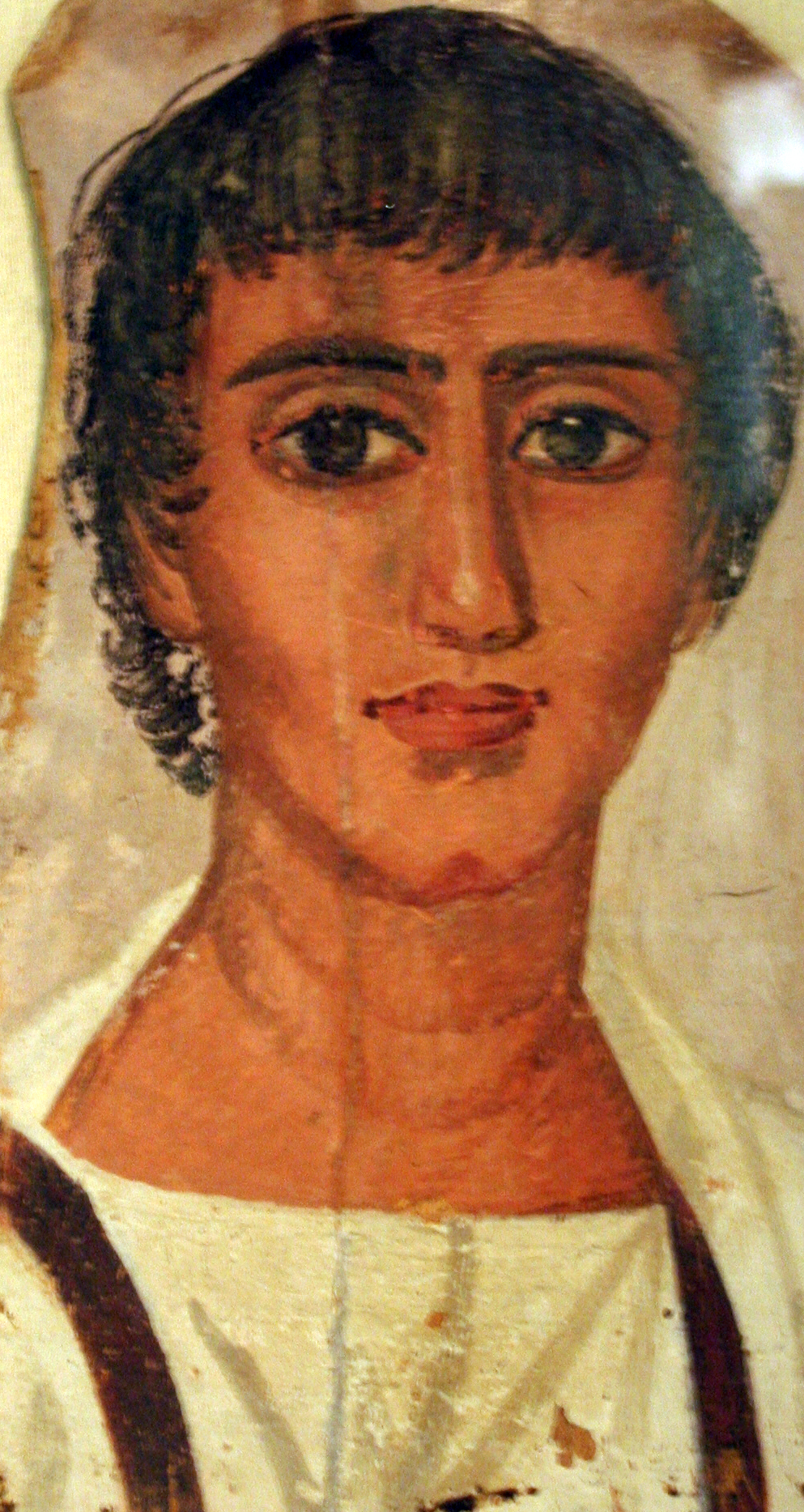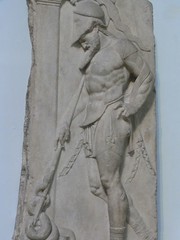‘Tis the Season
Catullus’ 46th poem describes his eagerness to be away and traveling, now that good weather for sailing has returned. Melanie Campbell argues that even the sounds of the Latin words capture the excitement, joy, and exuberance that come with the first breath of spring. Catullus 46 discussed, translated, and read aloud by Melanie Campbell.
Iam ver egelidos refert tepores,
iam caeli furor aequinoctialis
iucundis Zephyri silescit auris.
Linquantur Phrygii, Catulle, campi
Nicaeaeque ager uber aestuosae:
ad claras Asiae volemus urbes.
Iam mens praetrepidans avet vagari,
iam laeti studio pedes vigescunt.
O dulces comitum valete coetus,
longe quos simul a domo profectos
diversae varie viae reportant.
Photo: Derek Ramsey, Wikimedia Commons.




